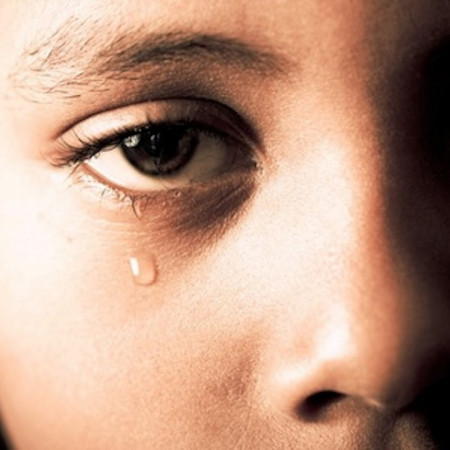The Courage to Let Children Meet Failure
Failure is never really the goal, is it? Yet, the power of failure is profound. Failure is perhaps the greatest teacher we have.
But it is hard to watch our children hurt. Because it is uncomfortable to view their pain or discomfort, we do our very best to protect them from anything that might possibly be painful and failure is inevitably painful. Sadly, if we do this to our children, they are no longer learning how to deal with and thrive in the midst of failure.
Social media and parent conversations are a pedestal for child accomplishment.
Of course, we want to brag about our children. We have put a lot of effort into these beings. But, many of us have a complete obsession with protecting children from failure. Everyone wins. Everyone gets a trophy. Because we have been through that pain. We have felt that hurt and it is hard.
You know what you don’t hear about? The teacher who failed a child because the material for the course wasn’t mastered is rarely honored. You seldom hear, “I’m so proud of my kids. He did awful in his game, but he had fun,” or “she kept trying.”
We need to let our children fail.
It’s hard but good to let them hurt a little bit. The string of disappointment and the consequences of poor decisions serve a purpose. These experiences help them do better next time and it will make the reward of success that much sweeter.
It’s not easy!
Seeing your child cry and hurt over something you can fix is heartbreaking. It’s difficult when your child isn’t number one or struggles a little more than his or her peers. Nobody’s proud or pleased that their child hurts when best efforts weren’t put forth or when poor choices are made, or even when things are just inherently more difficult.
What we, as parents, should be doing is teaching our children how to succeed after failure–work harder, practice more, meet the requirements set in place or just keep trying. And sometimes, failure just happens, no matter how hard we try. Those failures are okay too and they teach us as well. Instead of acting as our child’s bodyguard, attacking teachers or the world for a child’s failure. We should act as our child’s support amidst failure. Buoy them up. Hold their head above the water while they learn to swim.
Every child will fail.
Will yours learn from it, or be protected from those difficult but growing life lessons?
Failure builds courage. As a child, I often succeeded with relative ease. I didn’t fail much and as a result, I was terrified of it, and I’m still terrified of it. If I don’t feel 99% certain that I will succeed at something, the majority of the time I won’t try. I am a coward because I so seldom failed successfully.
Teach your children to be courageous. Teach them to try things even when you know they will fail. This is called a growth mindset, which psychologist Carol Dweck has taught about and
Handling failure with courage yields opportunities.
How many opportunities do you pass up when you’re afraid to fail? A lot. When you move forward with courage, you will fail in some opportunities, but you will also succeed at some you may not have tried if you yielded to fear. Myriad opportunities are lost to cowardice.
Overcoming failure increases our personal control over situations.
As an athlete, I sometimes heard the message that if I wasn’t getting playing time, it was because my coach was unfair. I wish instead, that someone would have told me that I needed to work harder and that I had the power and ability to change the situation. The failure was both my fault and mine to change. Failure means you have power, the power to do better. Power to achieve what you could not, at first, achieve.
Failure creates strength.
Let your children navigate failure and success through hard work and dedication. Let them learn how strong they are. Be willing to let them see they are amazing and capable and that their capabilities are multiplied according to their efforts. When we try and try again, we become stronger.
With strength and persistence comes success.
Love your children enough to let them weather the storm, but don’t feel like they have to ride it out alone. Encourage and uplift them in the midst of it and praise them when they have overcome real, difficult heart-wrenching challenges!
Bear your child’s burden with them. And love them enough not to take it away. Let the burden, the failure, and the pain make them stronger.
Of course, even as we teach our children to face struggles with courage and persistence, we must also teach them to rest and listen to themselves.



